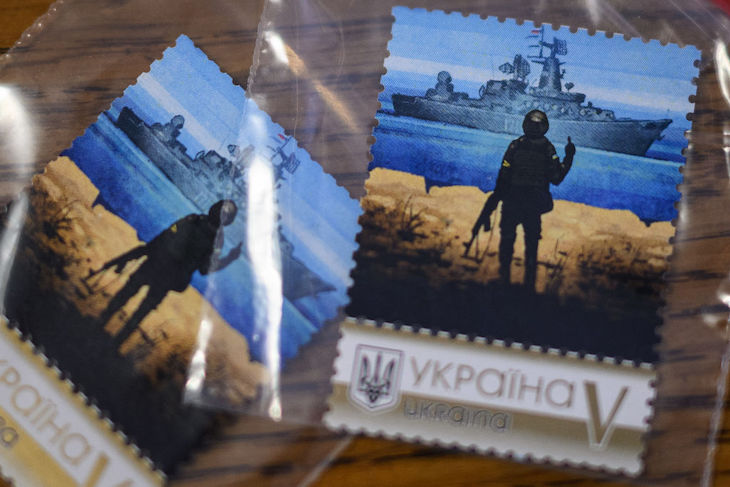Ukraine’s bravery and daring in the face of Russian aggression marks a stark contrast with European – or at least EU – lethargy and disinclination to take sides. A recent spat over, of all things, European trade mark law is a case in point.
In early 2022, a soldier on the desolate Snake Island in the Black Sea famously added to Ukrainian folklore by greeting the Russian cruiser Moskva, which had come to take over the island, with the words ‘Russian warship, go f**k yourself’.
Already a subscriber? Log in
Subscribe for just $2 a week
Try a month of The Spectator Australia absolutely free and without commitment. Not only that but – if you choose to continue – you’ll pay just $2 a week for your first year.
- Unlimited access to spectator.com.au and app
- The weekly edition on the Spectator Australia app
- Spectator podcasts and newsletters
- Full access to spectator.co.uk
Or




















Comments
Don't miss out
Join the conversation with other Spectator Australia readers. Subscribe to leave a comment.
SUBSCRIBEAlready a subscriber? Log in